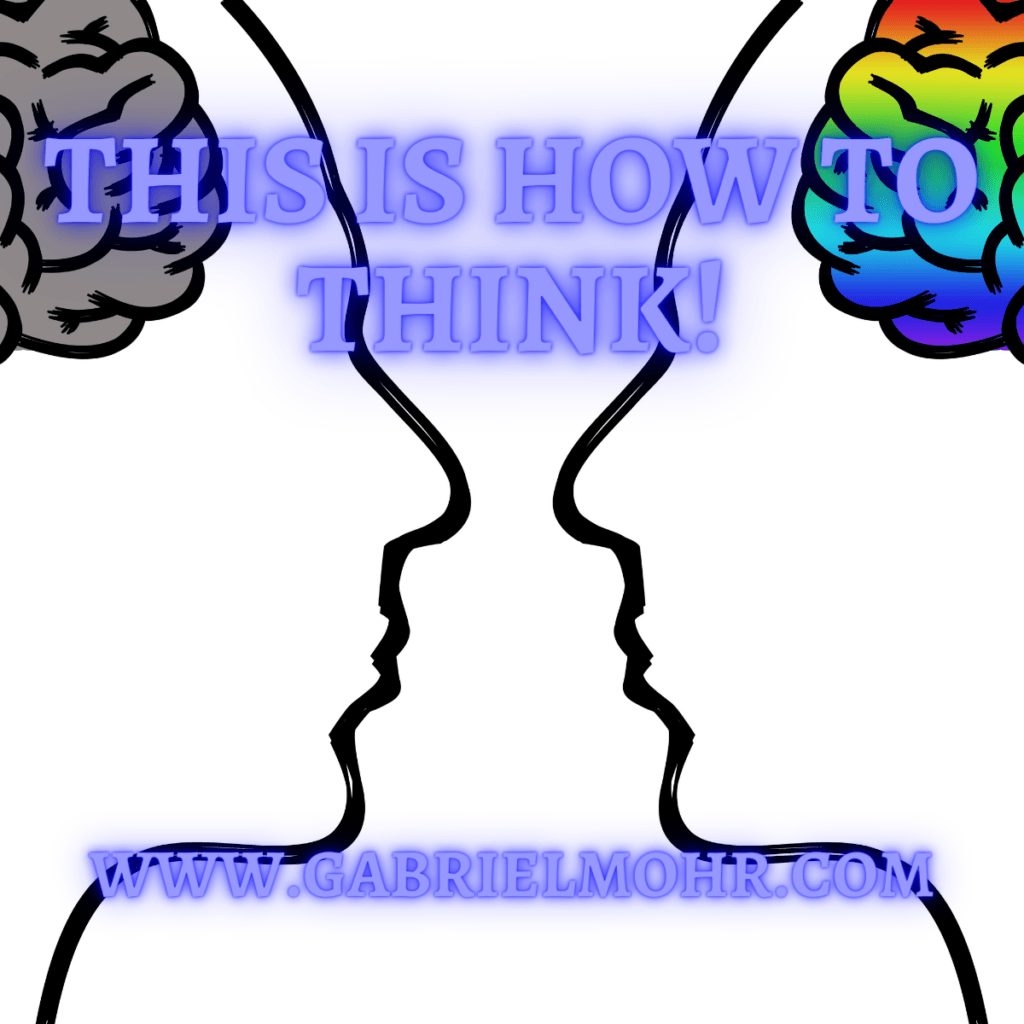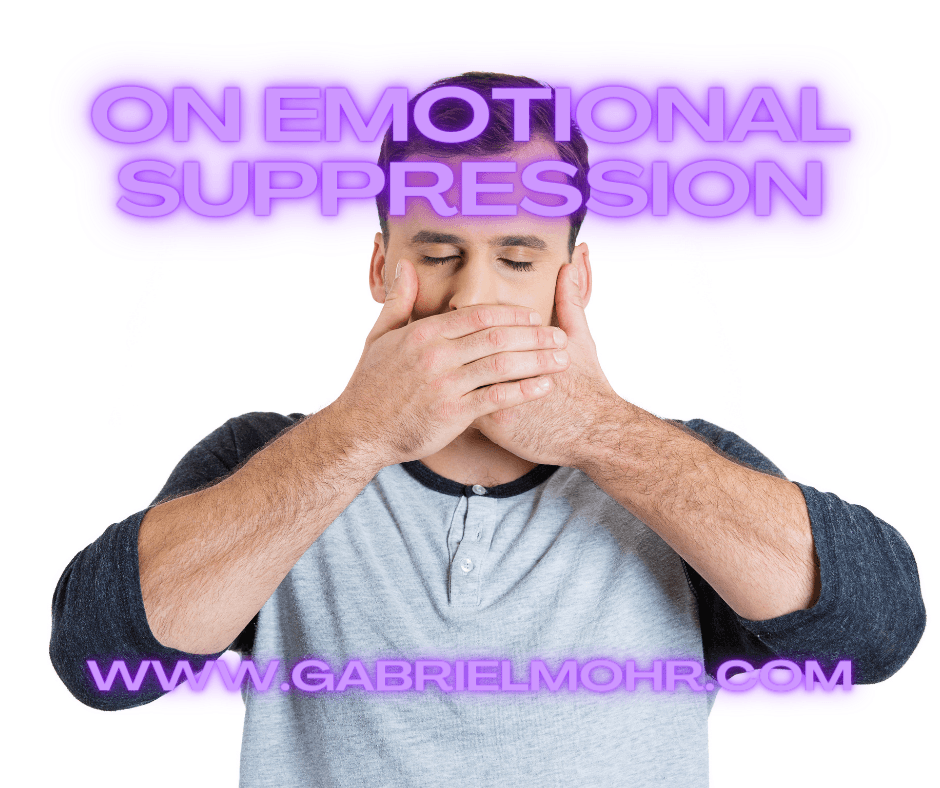
Quick Fact
-Psychologists can have a lot on their plate, and applying the most effective practices often helps them do what they want to do better, faster, and more efficiently!
Intro
Psychologists, often, have quite the job to do. I’ve observed the work of many psychologists. I’ve been to multiple psychologists when I was younger. And I’ve also been/done the work of a psychologist (in an unprofessional sense). In each experience, there is a lot going on behind the scenes with one common goal – to improve the overall and long-term wellbeing of the patient(s).
But what about today? What’s the current state of the psychological process? And what is the next step in psychology?
The Current State of Psychology
By ‘current’ I’m referring to 2010-2021. What I’m about to say is what I’ve observed within this 11 year period!
Many psychologists are quite ineffective for 3 particular reasons – one, they have trouble building a connection with their patient, sometimes through no fault of their own. Two, they force the lessons and structures they learn in college onto the patient, even when it’s unnecessary and unhelpful. Three, the psychologist suffers from their own trauma and, frankly, should see a psychologist themselves.
However, the psychologists I’ve seen and read about who are/were great are/were extremely great! It seems like talent plays a large part in the making of a great psychologist, and when talent is combined with study, meditation, integration work, and experience, everything comes together, and healing the patient becomes second nature.
And then some psychologists are in the middle; that is, they’re somewhat helpful towards some patients when they see them for a certain amount of time.
When we combine all of this together we see some psychologists being exceptionally effective with the rest being anywhere from sort of effective to not very effective at all. This, of course, isn’t a jab or something said out of spite, but simply me communicating what I’ve observed.
Why Is It Here?
I think psychology has (or is about to) hit a bump in the road. Many psychologists are finding that their patients are resisting more than ever before, perhaps for reasons unknown. Please keep in mind that the effectiveness of a psychologist partially depends on the willingness and ability of the patient to open and express themselves and that the advancement of social media (and technology in general) encourages people to be unexpressive in the physical part of life. Obviously, it’s more complicated than this, however, this is a gigantic part of why a lot of us are in therapy today – that is, we feel unheard and unaccepted by those around us.
Also, we see psychology where it is today partially because of a lack of physical movement and an increase in emotional pain. In the old days, we had to move a lot just to survive, so we had endorphins and adrenaline moving through our bodies. We also socialized with each other a lot more since there wasn’t much else to do.
We didn’t let our emotions bottle up as we do now, now we can’t express any negative emotion without getting frowns and judging stares from those around us, so we hold them in and they seep out in ways we don’t like, damaging ourselves and others in the process.
When you combine this with the training and structure that every professional psychologist is highly encouraged to follow and impress upon their patient, you have a mismatch. The patient is in a lot of deep pain and feels misunderstood. The psychologist introduces a 10-step process that may or may not work. There’s a better way to go about this!
What Is The Next Step In Psychology?
If we think about what I’ve just written then it can seem grim, because it’ll just keep getting worse and worse, right?
Not if we advance into the next step in psychology. I suggest that the psychologist need not add more work onto their already overbearing load, but change their perspective and approach to their work entirely.
The next step in psychology looks something like this:
-Each and every trained professional will be more effective the more they participate in the process of self-integration. Self-integration is very good for our wellbeing and it’s almost always the answer to their patient’s pressing problems, not to mention the better the doctor feels the more they do it, thus increasing their influence.
-Psychologists ought to have an extremely open-minded approach to their work. Imposing structures, beliefs, and the like doesn’t seem to be helpful in the long run, and in many cases, I’ve seen it prove to be detrimental. Let the patient open up. Let them create their own systems that they want to follow for their own good. If the patient is particularly close-minded, it seems like only very gentle and general guidance is necessary, especially if it’s combined with encouraging them to be open-minded.
-And lastly, psychologists will be more effective if communication and emotional connection flow freely between the patient and the professional. This is why psychedelics are so helpful to the psychologist, they allow communication and connection to be experienced on a level that’s absolutely incredible!
When these three aspects are happening all at once within the psychologist and, eventually, the patient, there is much hope for true and long-lasting healing! This is why I recommend each and every psychologist be highly encouraged to take psychedelics and read the works of Carl Jung before (and while) they work in the field. Carl Jung was the most effective psychoanalyst of all time, and psychedelics help boost our overall ability to heal ourselves and the patient.
Final Thoughts
I’m not a huge fan of saying these words since what I’m saying can be interpreted as me imposing a structure, or a set of tasks for a psychologist to follow in order to become “better.” The only reason why I’m even coming close to implying something like this is that if what I say makes us feel fearful, angry, or that I don’t know what I’m talking about, these feelings and thoughts can be paid attention to. Once they’re paid attention to they can be disidentified from, asked questions, logically analyzed, and consciously integrated into our personality. In other words, it folds in on itself, transcending structure in the process and becoming regenerative and healing.
Also, I’ve come to ponder the concept that some are simply unable to change. I’ve always thought that everyone can change but simply don’t, but my life experience is leading me to consider that some of us cannot change and will never be able to change. Just like how a man with no arm cannot open a door a man with a small mind cannot change – both need their capabilities expanded by artificial means. That’s my thought on that, but I haven’t accepted it as a universal truth, perhaps this simply isn’t the case!
Conclusion
Thank you very much for reading my post, and I’ll see you in the next one! 🙂



